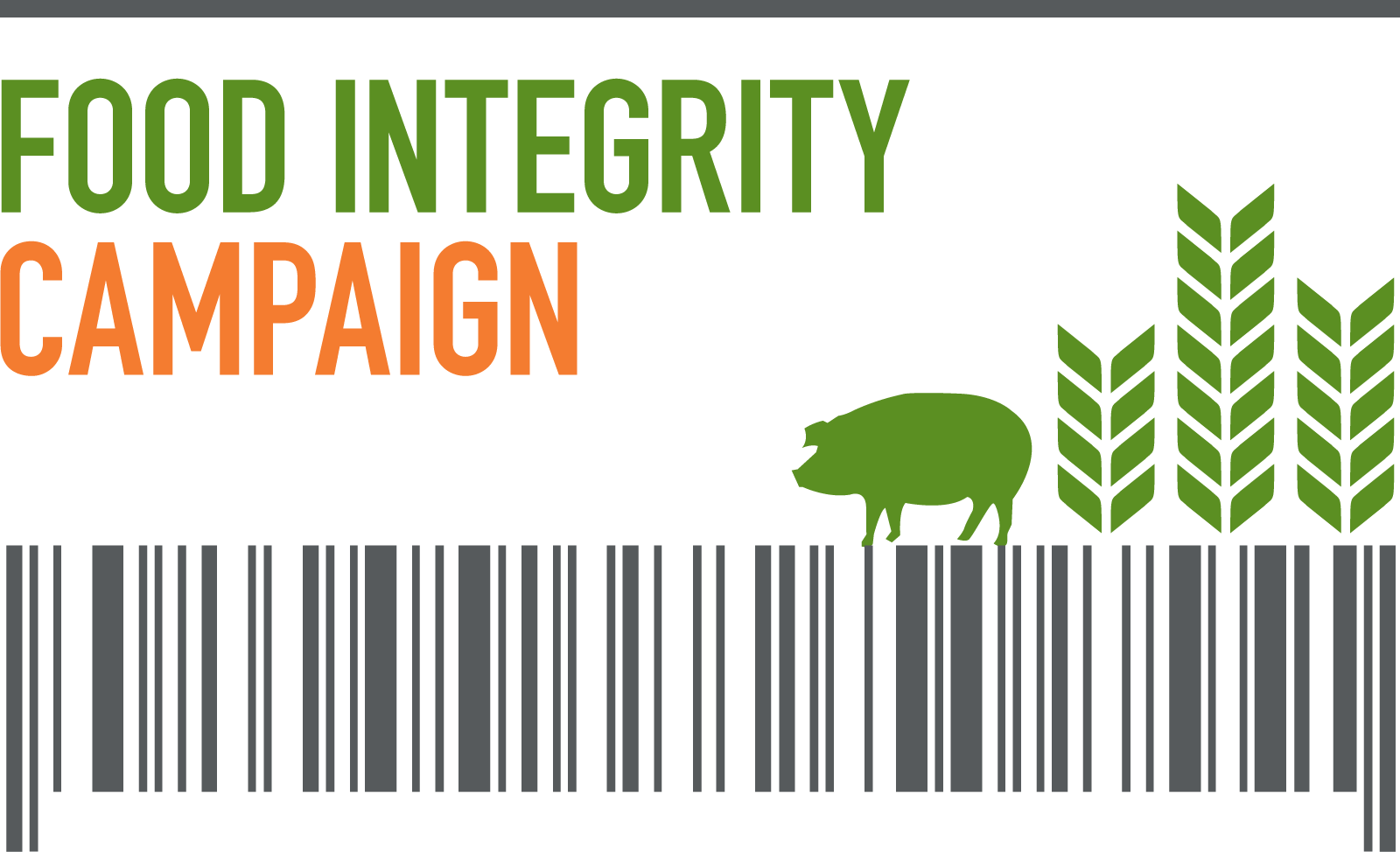by Aviva Shen
A new food inspection rule proposed by the US Department of Agriculture would let poultry plants conduct their own inspections, removing federal food inspectors from the assembly line. At a House appropriations oversight hearing on Wednesday, Food Safety and Inspection Service administrators argued the move would save taxpayers money and allow the department to focus on testing for pathogens like e. coli and salmonella.
But other FSIS inspectors working in poultry plants piloting the new rule protest that public health is sacrificed by outsourcing inspections.
Poultry plant employees often miss contaminated birds, and are even discouraged from removing the ones they do flag:
In affidavits given to the Government Accountability Project, a nonprofit legal-assistance group for government whistle-blowers, several inspectors who work at plants where the pilot program is in place said the main problem is that they are removed from positions on the assembly line and put at the end of the line, which makes it impossible for them to spot diseased birds.
The inspectors, whose names were redacted, said they had observed numerous instances of poultry plant employees allowing birds contaminated with fecal matter or other substances to pass. And even when the employees try to remove diseased birds, they face reprimands, the inspectors said.
While public health may suffer, the poultry plants will reap huge benefits from this rule change. The USDA says the elimination of inspector jobs will save $90 million in taxpayer dollars over three years — but poultry businesses are projected to save id=”mce_marker”25 million a year. The rule would also let plants speed up the production line to 175 birds per minute from 140, giving inspectors a third of a second to check each chicken for contamination.
Not only does speeding up production make it impossible to screen contaminated chickens on the assembly line, it also endangers workers. According to interviews conducted by the Southern Poverty Law Center with over 300 poultry workers, nearly 75 percent of workers have suffered a workplace injury or illness. As many of them are immigrants, their employers threaten them with deportation or firing for offenses like taking a bathroom break (many workers reported wetting themselves because they were not allowed to leave the line), falling ill, or seeking medical treatment from someone outside the company. Poultry plant assembly lines already run at rapidfire speeds, and workers are forced to handle the birds even if they are injured, sick, or bleeding.
Foodborne illness sickens 48 million Americans and kills about 3,000 people every year. The most common culprits are pathogens carried by feces in tightly-packed factory farms. Despite the ubiquity of foodborne illness, food safety inspectors stationed in these plants are notoriously lax. Shortly before an e. coli outbreak caused by Cargill hamburger meat, federal inspectors repeatedly discovered violations of Cargill’s own standards at 55 plants in handling beef, but never imposed penalties or sanctions. Soon, 940 people fell ill. Many suffered permanent damage. If plants are allowed to swap out federal inspectors with their own employees, this haphazard approach to food safety will only worsen.
